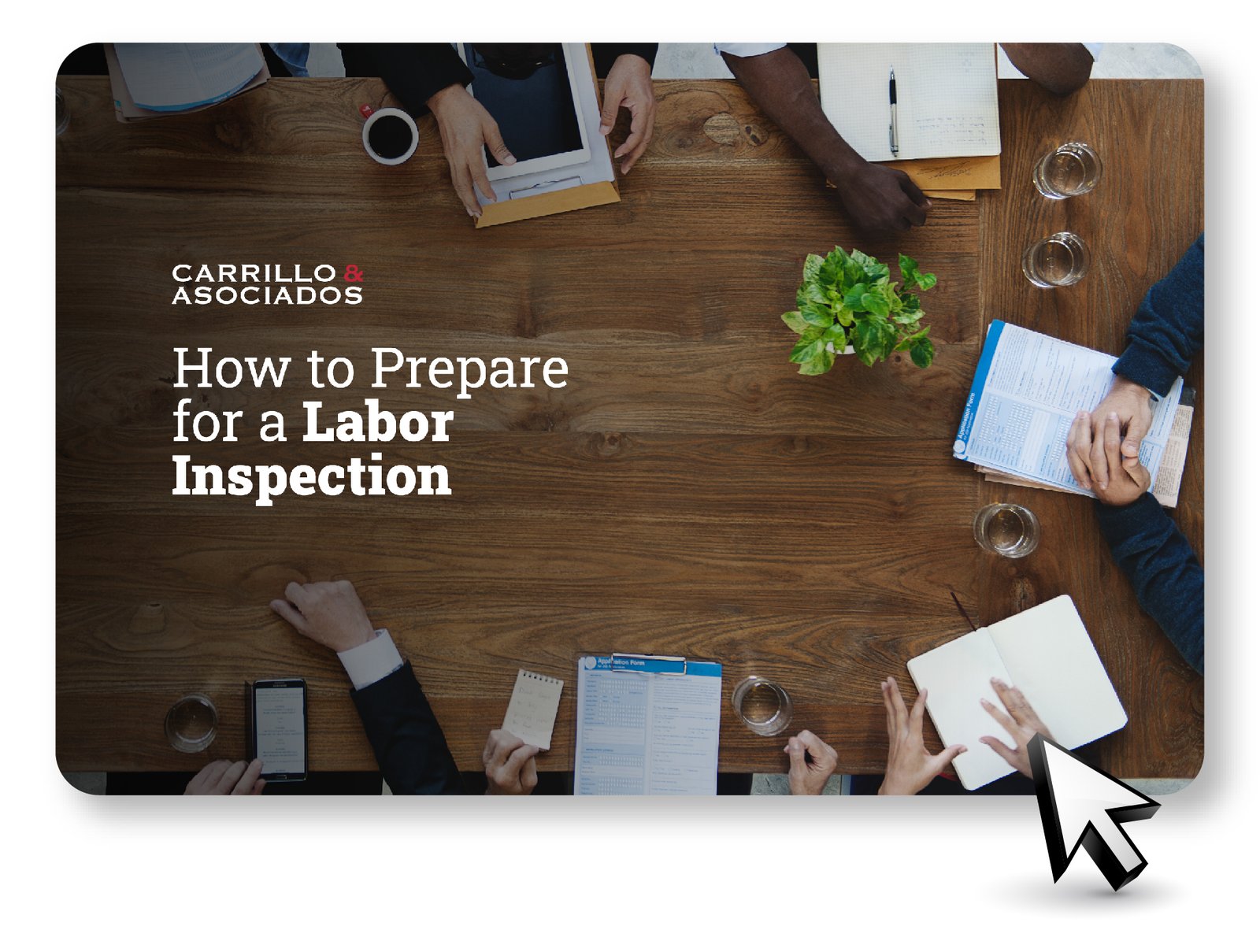
When we hear the term “audit”, we get nervous. If we add the word “fiscal” before it, the tension might go up a notch. Fear is a natural reaction when we don't have enough information about something. Therefore, if we have good control of our business, we should keep calm and take advantage of these occasions to show that we are complying with all our tax obligations.
Audits by the Guatemalan Superintendency of Tax Administration (SAT) have increased in recent years. For example, in December 2024 the authorities assigned 250 auditors to make 32,600 revisions of holiday sales. In 2023 they carried out 28,000 on the same dates.
According to the tax authorities, they have also improved the efficiency of the use of technology, which gives them greater control over the movements of taxpayers. This should be reason enough to strengthen internal controls within companies and always be prepared. But there are more reasons.
Normally, when the SAT visits a company and finds any non-compliance or nonconformity, auditors grant three days to comply with the requirements. Therefore, given the short time to submit the requested information, it is important to be prepared to:
- Reduce risks: detect and rectify possible failures or inconsistencies before the SAT detects them.
- Save time and materials: optimize the audit by having all documentation structured and in scope.
- Enhance your reputation for compliance with the SAT: show a high degree of tax compliance and transparency.
Anticipating a possible tax audit in your company, we have prepared this guide to help you and your team be prepared in case you are visited by an auditor.
Preparation is the key
Guatemalan tax legislation is characterized by frequent changes. Therefore, you must have an accounting team that is fully aware of the tax laws and is in continuous training and professional updating.
Below, we share some tips to help you prepare for the day the SAT staff comes knocking on your door.
1. Be aware of all the taxes with which you must comply:
- Determine the taxes with which your company must comply according to its sector, size and location. These can range from Income Tax (ISR) or Value Added Tax (VAT), to special taxes such as beverage distribution, or municipal taxes.
- Ensure that tax liabilities are correctly calculated and relevant deductions and tax credits are implemented.
2. Organize your documents:
- It is essential that you have a well-structured digital and physical filing system.
- Keep all documents related to the company's activities accessible and in good condition. Make sure that invoices, credit notes, payment receipts, agreements, among others, are always available to be handed over to the SAT if necessary.
3. Conduct internal audits:
- Define precise and brief processes for the administration of fiscal responsibilities.
- Constantly evaluate your processes to detect and rectify any flaws or inconsistencies.
- Concentrate your efforts on areas of the company such as accounting, invoicing, inventories and salaries.
- Upon detecting any errors, take corrective measures as soon as possible.
4. Never ignore a visit:
- If the SAT visits your business, remain calm, facilitate the inspection process, hand over everything that is required and keep a record of the entire procedure and the documents that you hand over to the authorities.
- Ignoring a visit or a requirement of the SAT can have great repercussions, including criminal ones. Do not be careless and pay attention to the auditors. If you have any doubts, seek expert advice.
Finally, maintain a constant and transparent dialogue with the SAT auditors. This will allow you to build a relationship of trust that will facilitate problem solving. Even good faith and collaboration may translate into extensions of time to meet information needs, especially in cases involving large volumes of documents.
If you need advice on this matter or have any questions, please do not hesitate to contact us.
You can also check our other guides:



